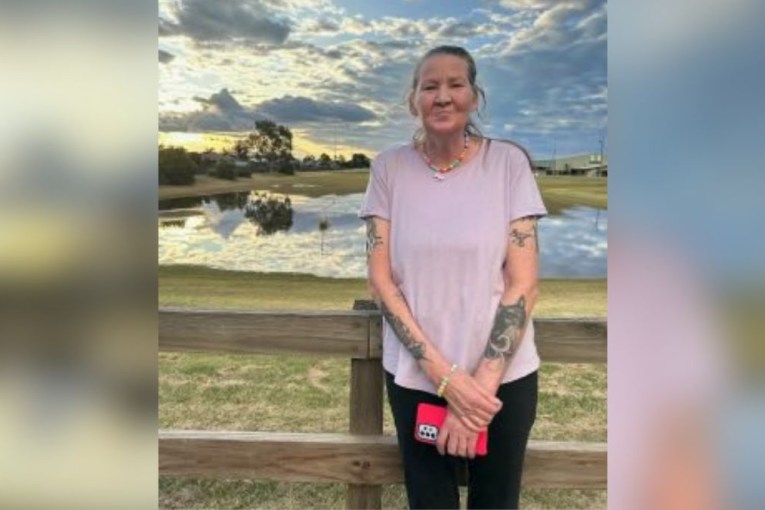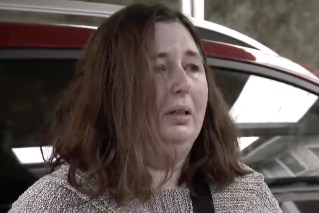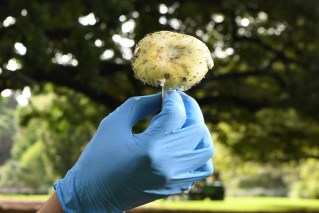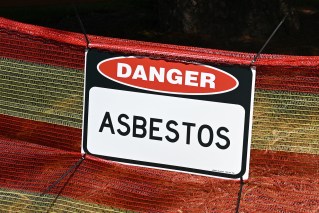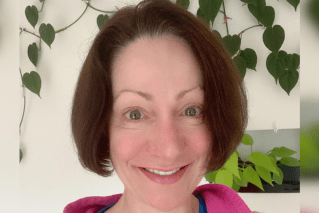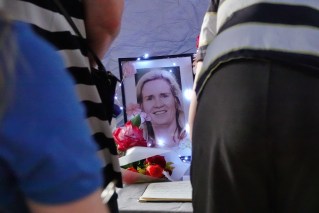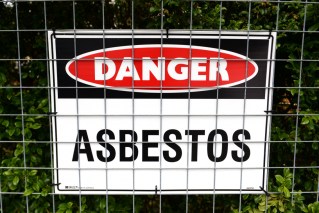Victorian council overcharged ratepayers $18m in waste levy, ombudsman finds

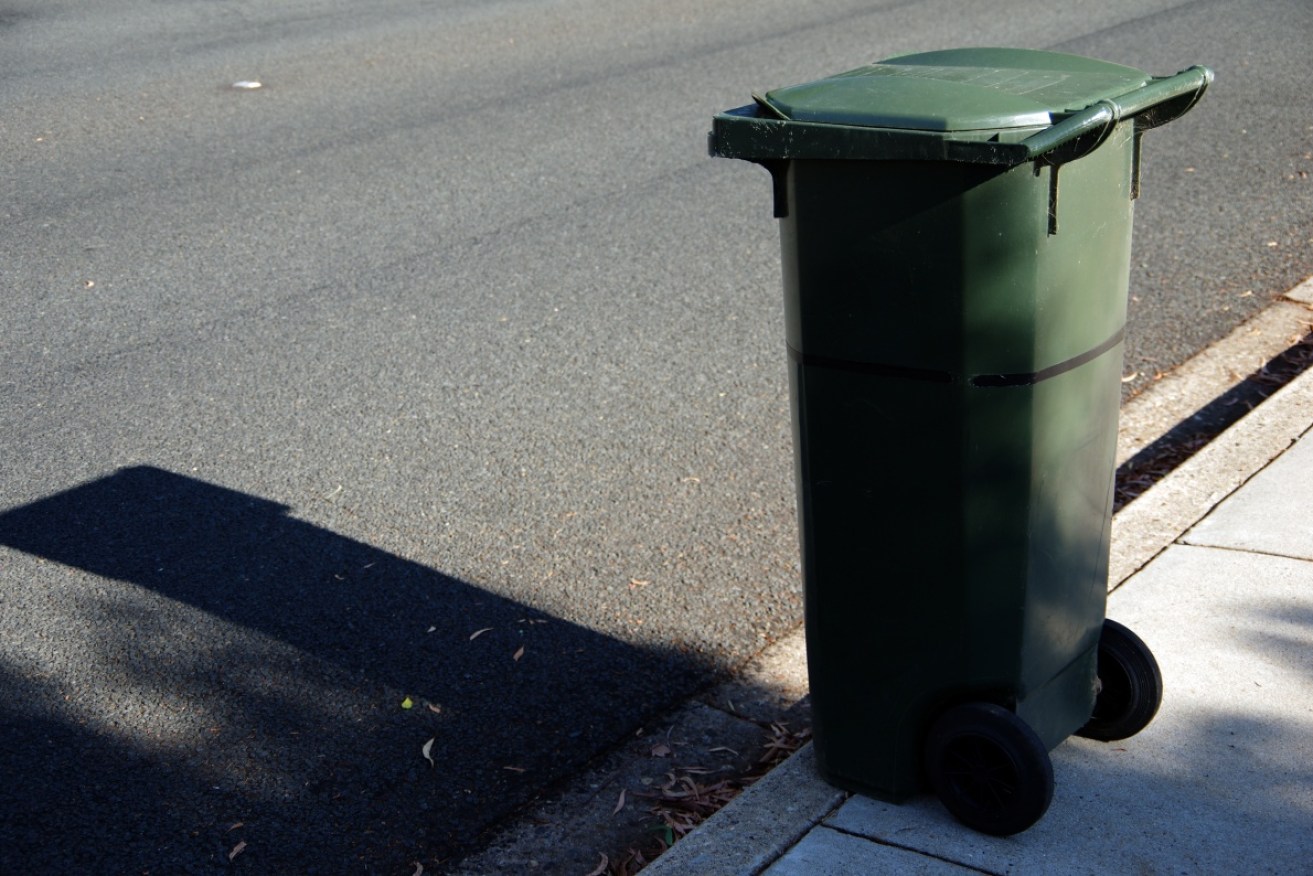
The Victorian Ombudsman tabled her investigation to parliament on Tuesday. Photo: Getty
Ratepayers in a Victorian council have been overcharged $18 million through a waste management levy, the Victorian Ombudsman has found.
Ombudsman Deborah Glass on Tuesday tabled her investigation into Wodonga City Council, finding it had collected extra revenue over a decade to fund other council services.
Only 70 per cent of the levy actually went to waste-related services, while almost one-third was directed to services like parks and gardens.
Annual revenue from the levy ranged from $1.1 million to $2.4 million over the decade reviewed.
Wodonga maintained the funds were used for waste services.
“These services including supply and maintenance of public bins, street sweeping, cigarette disposal bins, waste transfer station operations, landfill rehabilitation and various litter and cleaning undertaken by our parks and garden teams across parks, playgrounds and recreation precincts,” the council said in a statement on Tuesday.
“We know that our community values the green and clean spaces that are provided across our city and the funds are used for essential council services that the community values and asks for.”

The 2015-16 total of waste and ‘other’ expenditure. Photo: Wodonga City Council/ Victorian Ombudsman
The council committed to reducing its waste charge within three years, bringing it line with the actual cost of waste services, Ms Glass said.
Her investigation into Wodonga, at the Victoria-New South Wales border, comes as the country grapples with the recycling crisis.
Last week, Queensland’s Ipswich Council announced it was taking all recycling to landfill over China’s tightened waste import restrictions. Ipswich Council later backflipped and said it would continue its recycling program. The Queensland government said it would bring forward its reintroduction of a statewide waste levy as a result.
Municipal Association of Victoria CEO Rob Spence said many councils would likely increase their waste charges to cover a rise in recycling costs.
“This will equate to a rate rise of between 1.1 and 2.5 per cent for ratepayers, in addition to the state-imposed rate cap which cannot exceed 2.25 per cent,” Mr Spence told The New Daily last week.
He called on the state and federal governments to invest in action to turn the situation around.
Ms Glass acknowledged the recycling crisis was putting additional financial pressure on councils.
“All the more reason for councils to be open and transparent with ratepayers about the true cost of a service.”

The surplus generated from 1 July 2006 to 30 June 2016 in millions of dollars. Photo: Wodonga City Council/ Victorian Ombudsman
She said Wodonga Council’s practice was at odds with the intent of the Local Government Act, which allows councils to levy a waste management charge for ‘the collection and disposal of refuse’.
“I accept that the legislation does not explicitly require the council to recover only its reasonable costs. However, the intent is clear,” she said.
“And our investigation found the council maintained the practice, among other things, to avoid ‘unnecessary negative public reaction which may result from shifting the charges to (general rates)’.”
The council began its practice before rates were capped statewide in 2016.
“But those financial pressures need to be faced head on, in partnership between councils and their communities, rather than buried in the financial fine print.”
Ms Glass called on other councils with waste levies to ensure it reasonably reflects the actual costs.
“To do otherwise is to undermine the public’s trust in how their money is spent,” she said.
Local Government Victoria agreed to consider recommending legislative changes to prohibit the practice.
Wodonga Council said it had been providing the ombudsman with relevant information for more than a year.
